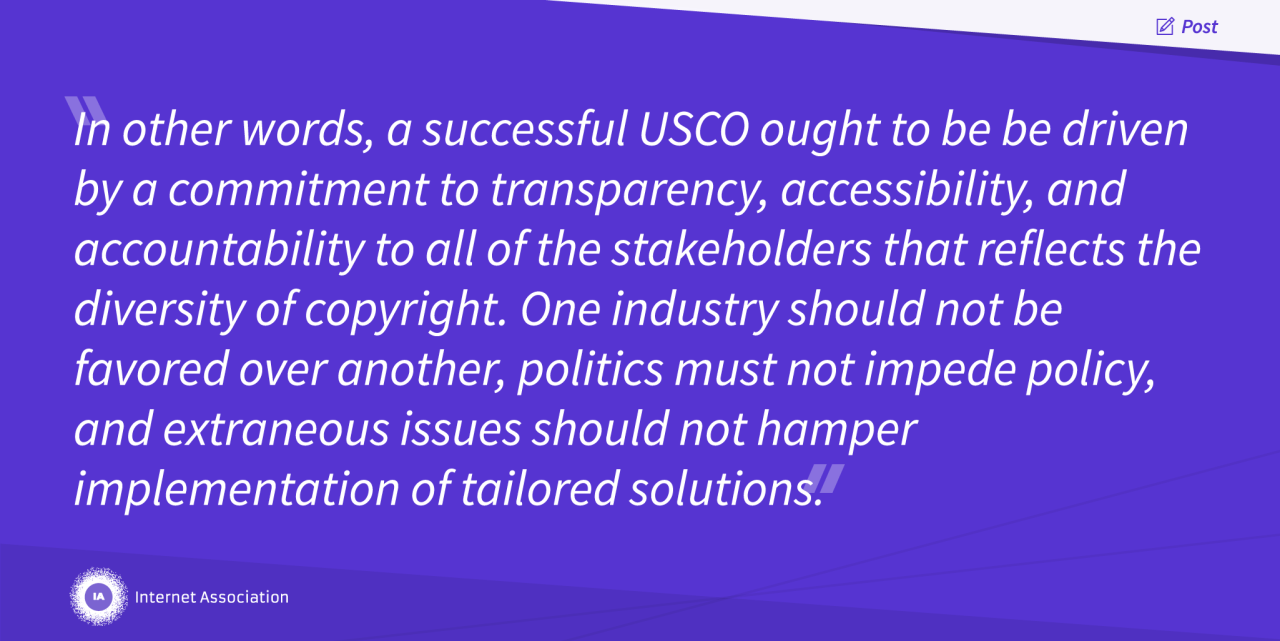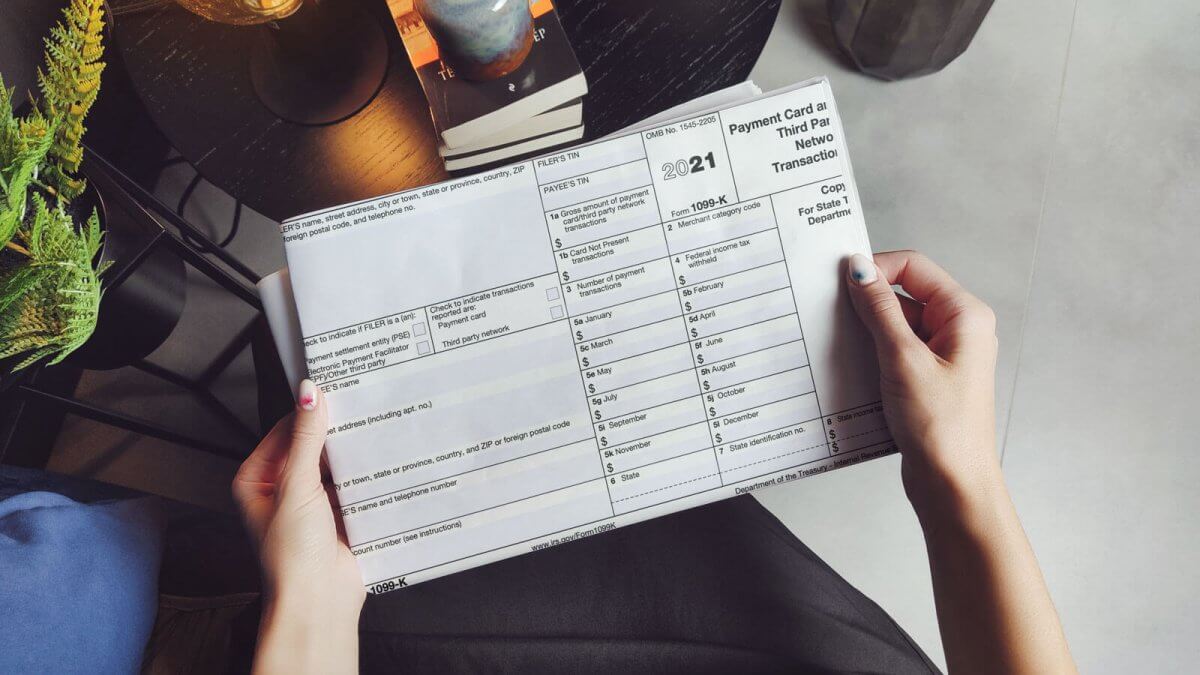
Everyone – policymakers in Washington included – agrees that we should aim to make government agencies more efficient, more technology friendly, and more effective for citizens. The U.S. Copyright Office (USCO) – a lesser known agency housed in the Library of Congress – is one such agency that is in real need of repair. The Office lacks the technical and structural capabilities necessary to fully embrace the digital era, despite being charged with administering parts of U.S. law responsible for the creative growth of our economy.
To fully understand the importance of the Copyright Office, and the policy related to its functionality and structure, we’ll need a quick history lesson. In the Constitution, our forefathers envisioned a vibrant copyright ecosystem, founded on the balancing of exclusive rights and access, which would serve the public interest and promote new creative works. Copyright in the United States, from its inception, has never been about a single interest group. Instead, it’s about maximizing benefits of the public, the ultimate constituency and beneficiary of law:
“Creative work is to be encouraged and rewarded, but private motivation must ultimately serve the cause of promoting broad public availability of literature, music, and the other arts… the ultimate aim is, by this incentive, to stimulate artistic creativity for the general public good.” Fogerty v. Fantasy
The nature of copyright law, therefore, drives the core mission of the Copyright Office: carry out its administrative and policy goals as best reflects the public interest in growing creativity, not serve a narrow subset of industries.
In other words, a successful USCO ought to be be driven by a commitment to transparency, accessibility, and accountability to all of the stakeholders that reflects the diversity of copyright. One industry should not be favored over another, politics must not impede policy, and extraneous issues should not hamper implementation of tailored solutions.
Today, the Internet Association filed two key comments on the future of the Copyright Office that reflect our commitment to a new era for the agency in which the USCO reflects the true spirit of the copyright ecosystem.
First, IA submitted a survey to the Librarian of Congress outlining the ideal qualities and attributes for the next Register, highlighting that the Register must be a proven manager, capable of organizational leadership and executing technical and structural enhancements across diverse functions.
Second, the IA filed a letter to the House Committee on the Judiciary commenting on the previously released outline of solutions to reform the USCO. In examining the changes proposed, we maintain that legislative solutions must be focused on identified deficiencies, and that targeted efforts focused on enhancing transparency, accountability, and accessibility will ultimately usher in a new era of success for the Copyright Office. In particular, we are encouraged by USCO’s creation of a public advisory board, which will provide the Copyright Office with feedback from a representative subset of copyright stakeholders on key matters. Additionally, we welcome the creation of a database tracking copyright ownership, an issue that will fuel better accessibility and fairness across the ecosystem when properly implemented.
USCO has an important role to play in shaping the future of creative content for American innovators and consumers. We look forward to working with all copyright stakeholders to build a stronger, future-ready Copyright Office.










